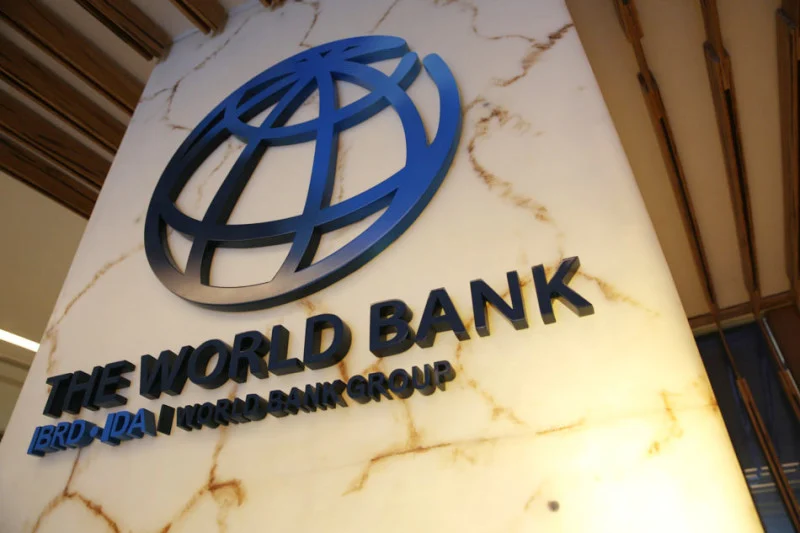
African economies face an urgent need for coordinated responses to inflation threats that could destabilize social equilibrium,according to the World Bank’s latest Africa’s Pulse report.
While the continent’s median inflation rate decreased from 9.8% in 2022 to 4.2% in January 2025,significant disparities persist. The interquartile range of inflation rates has widened from 6% to 10%,with countries like Zimbabwe and Sudan still experiencing hyperinflation. Food inflation remains elevated at 6.1% in 2025,exceeding overall inflation despite recent slowdowns.
The World Bank’s April 2025 report delivers a stark assessment: inflation,governance failures,and limited economic opportunities are fueling growing social discontent across Africa. These factors threaten economic and social stability as millions of young people enter already saturated job markets each year.
However,for countries like Morocco,though not explicitly mentioned,the report’s general principles suggest continuing prudent monetary policy,economic diversification,and governance strengthening to build resilience against external shocks.
Overall,Central Banks face a complex dilemma in balancing inflation reduction while supporting economic growth. South Africa’s central bank has prioritized clear communication to maintain inflation expectations within its 3-6% target range,with projections for 2025 at approximately 3.6%.
In contrast,Ghana and Nigeria,facing “persistent” inflation exceeding 20% in 2024,must maintain restrictive monetary policies despite negative impacts on investment and consumption. Kenya and Mozambique,with better-controlled inflation,have some flexibility for prudent easing,provided they avoid past debt mistakes.
The report emphasizes that monetary tools alone have limited effectiveness without structural reforms addressing weak financial systems,unequal credit access for SMEs,and lack of economic diversification. External factors further complicate the situation,as U.S. interest rate hikes strengthen the dollar and increase depreciation risks for African currencies.
World Bank recommendations include improving fiscal equity through digital reforms in tax collection,expanding progressive taxation,eliminating inefficient loopholes,and enhancing debt transparency. The report also advocates for targeted anti-corruption measures and regional cooperation through the African Continental Free Trade Area.
United News - unews.co.za